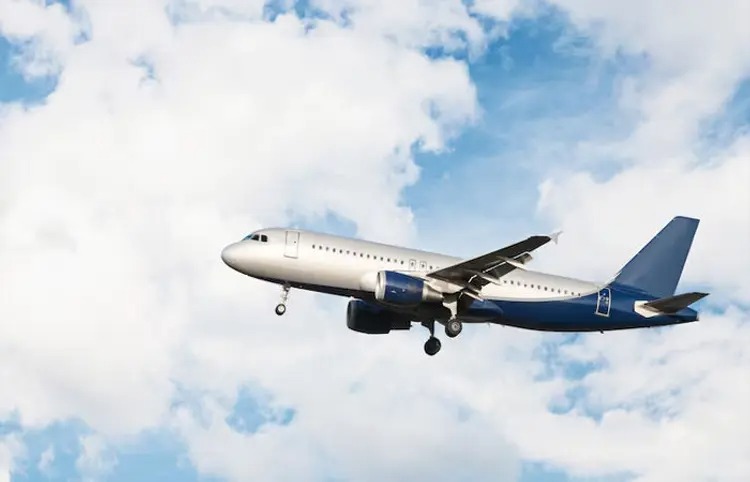
Airline Company: A few days ago, there was a bomb threat on Air India's Boeing 777 aircraft. The plane took off from Mumbai for New York's JFK (John F Kennedy International Airport). The plane made an emergency landing at Delhi airport after receiving a bomb threat. This plane, which took off from Mumbai on Monday, October 14, was loaded with about 130 tons of jet fuel. This plane had to travel non-stop for 16 hours. Soon after takeoff, the airline received a call that there was a bomb on board the plane. Following the call, JFK-bound AI119 was immediately diverted and landed at Delhi airport within two hours of takeoff. However, during investigation, nothing suspicious was found in the plane and the call was proved to be fake. Due to this fake call, the airline may suffer a loss of crores of rupees.
Fake calls cause huge losses
A senior pilot said the maximum landing weight of the B777 is around 250 tonnes, but at take-off it weighs around 340-350 tonnes with passengers, their luggage and cargo. Landing the plane within two hours means dumping about 100 tons of fuel. So that its weight can be equal to the weight of the landing. One ton costs around Rs 1 lakh which means 100 tonnes of fuel costs Rs 1 crore.
Airlines will have to bear higher costs
Other expenses incurred due to emergency landing are borne by the airline company. Such as unexpected landing and aircraft parking fees at airports as well as the cost of accommodating passengers and crew members in hotels. Apart from this, if a passenger has a connecting flight then the same should be reimbursed to the passenger. Food expenses of passengers. According to senior officials, a fake threat causes a loss of more than Rs 3 crore to an airline.
In the last few days, about 40 flights operated by Indian airlines have received bomb threats. However, later all this was proved wrong. The airline has suffered a loss of around Rs 60-80 crore due to this fake threat.
The Civil Aviation Ministry is planning to implement a strict rule to curb incidents of false bomb threats received by airlines. In which criminals can be put on the no-fly list. The purpose of this list is to identify unruly passengers and prevent them from boarding the aircraft.
 look news india
look news india